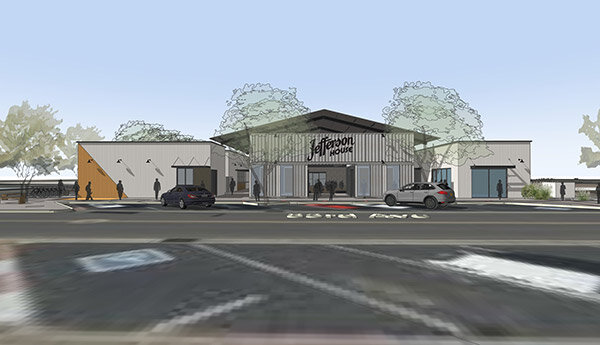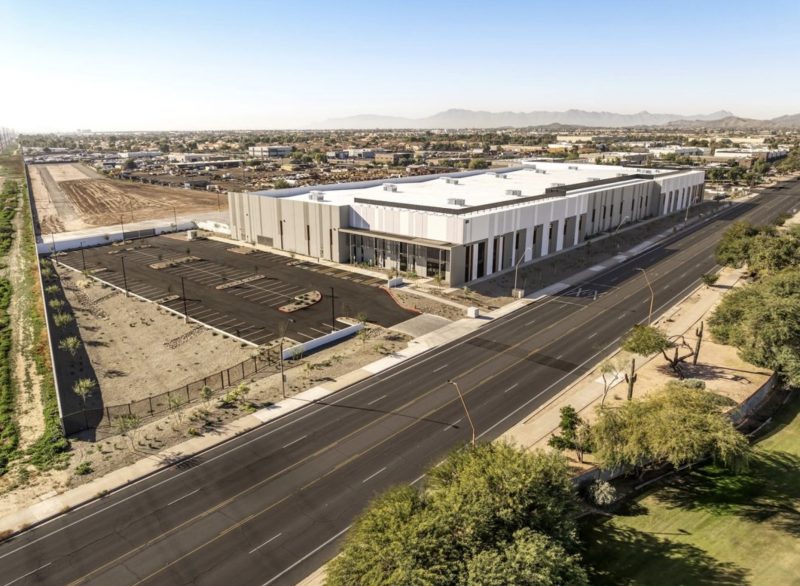By Sam Kmack | Arizona Republic
The $2.1 billion question looming over Tempe’s deal with the Arizona Coyotes is how much the city stands to gain from the project.
Supporters contend that it will generate hundreds of millions in new revenues for Tempe. Opponents believe the city is getting ripped off, and even economists disagree on the deal’s financial merits.
But fiscal gain is only half of the equation. Equally important is how much the Coyotes and Tempe stand to lose if things don’t go according to plan, and a review of the deal’s structure shows that their respective risk-reward breakdowns are very different.
Tempe is paying a premium in future tax dollars to secure the safest deal possible. City officials agreed to forgo new tax revenue from the project to cover tens of millions worth of start-up costs that would normally be a developer’s responsibility, according to an economic development expert.
Tempe could also be selling the land at a 37% discount if it doesn’t require as much clean-up as the Coyotes contend. On top of that, the property will gain value once rezoned and it’s part of an “opportunity zone,” which allows those who build on it to save millions in capital gains taxes.
But in exchange, Tempe won’t have to put any existing cash on the line or cover any unexpected expenses. The Coyotes are liable for everything from construction to debt repayment, so if anything proves more costly than anticipated, it will be the team’s problem, not Tempe’s.








